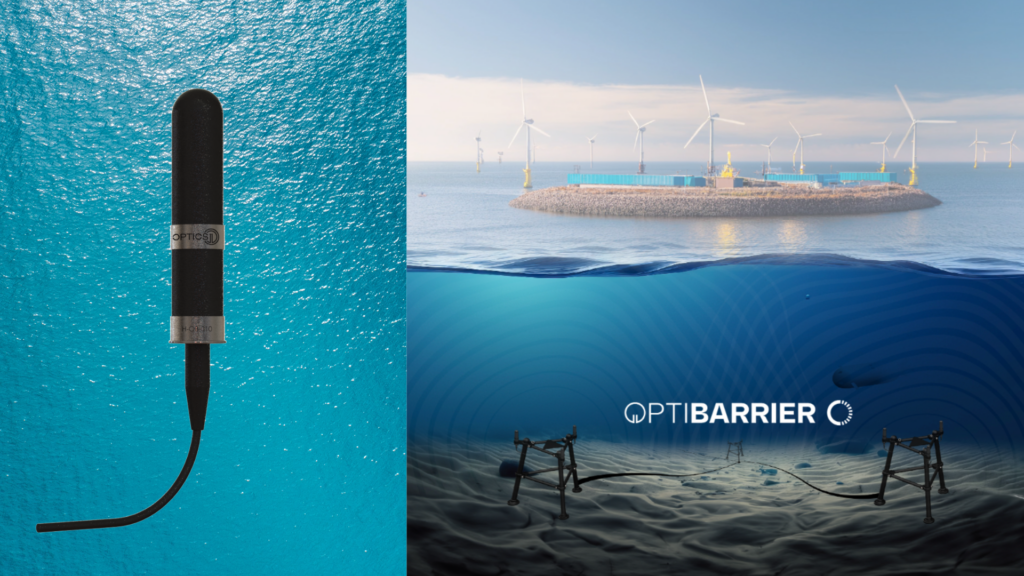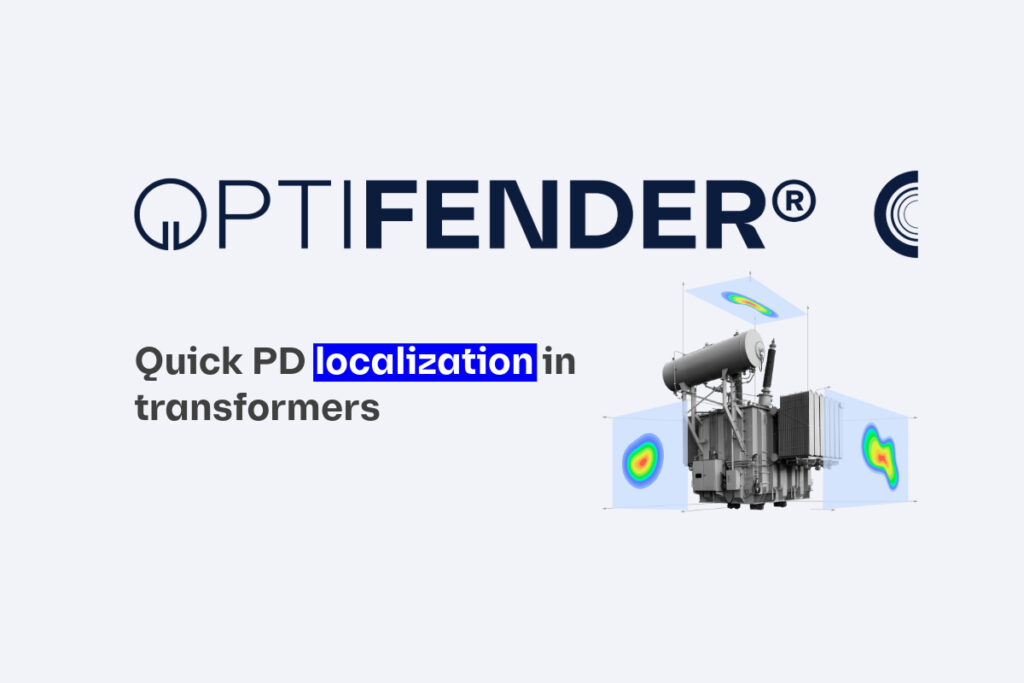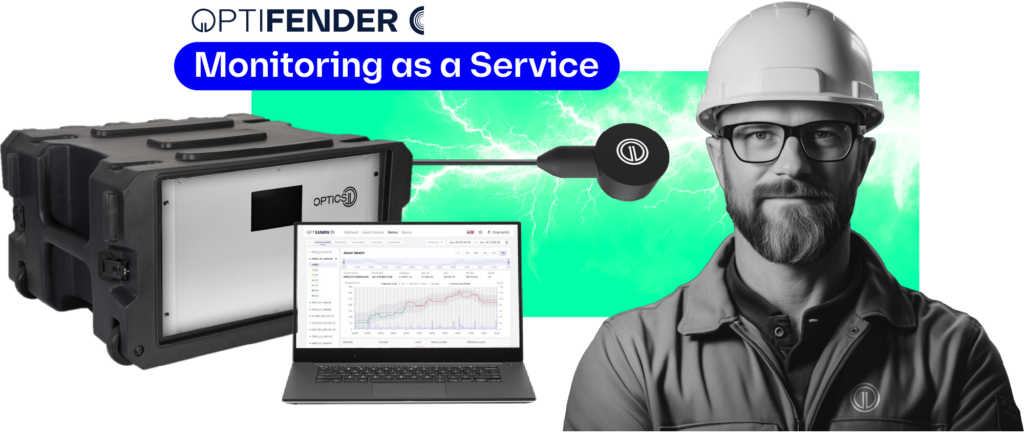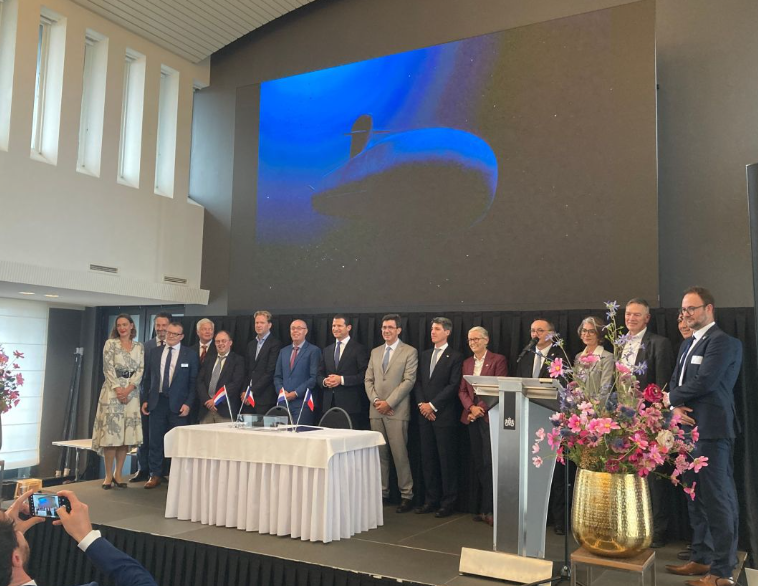The domain of Partial Discharge (PD) Monitoring is increasingly recognized as a pivotal technology in the defense against premature degradation and unexpected failures within cable systems, particularly those within high-voltage (HV) transmission networks. However, the application of PD sensing transcends these traditional boundaries, offering valuable insights across a spectrum of voltage levels and operational sectors.
Navigating High-Voltage Territories: 220 kV and Beyond
In the domain of HV transmission, especially for systems operating at or above 220 kV, PD sensing technologies emerge as crucial. These systems are vital for the stability of energy distribution and are inherently susceptible to defects that, if undetected, could lead to significant failures. The integration of PD monitoring within these infrastructures facilitates the early detection, precise localization, and thorough analysis of potential issues, preempting extensive damage and bolstering system integrity.
Expanding to Intermediate Voltage Systems: Insights at 110 kV
While the significance of PD sensing in systems of 220 kV and above is evident, its relevance extends to networks operating around 110 kV. In these contexts, PD monitoring plays a key role in preventing unexpected disruptions and reinforcing the reliability of intermediate voltage transmissions. Through diligent monitoring, operators can swiftly identify and address PD activities, preserving the operational health and longevity of these essential transmission pathways.
Diving into MV and Lower HV Sectors: Emphasizing Critical Environments
The versatility and critical importance of PD monitoring also permeate into medium voltage (MV) and lower HV applications, particularly within sectors where operational continuity and safety are paramount, such as in refineries and the oil and gas industry. In these high-stakes environments, ensuring the stability and safety of electrical infrastructure is crucial. PD sensing at strategic points, such as MV terminations and connectors, especially in oil and gas operations, is indispensable. Here, even minor disruptions can lead to significant financial and operational risks, highlighting the essential nature of PD monitoring for maintaining safety and continuity.

Integrating PD Sensing Across Voltage Tiers: Ensuring Robust Electrical Infrastructure
The deployment of PD monitoring technologies is not merely a precautionary strategy but a fundamental component that guarantees the integrity of electrical transmission and distribution networks across a wide range of voltage levels and industries. From safeguarding towering HV networks to ensuring the reliability of critical connectors in the oil and gas sector, PD sensing secures our energy systems, the lifelines of modern industry, ensuring they are safe, dependable, and optimized for prolonged efficiency.
As we delve deeper into the intricacies and broaden the scope of PD sensing, we lay the groundwork for an era of energy transmission characterized by efficiency, reliability, and predictable security. This approach not only mitigates risks but also extends operational lifespans across various sectors and voltage landscapes.
For those navigating the complex landscape of PD sensing, seeking to enhance the safety and reliability of their electrical infrastructure, the team at Optics11 stands ready to guide and assist. Connect with our experts to explore how our advanced PD sensing solutions can safeguard your operations and propel you toward a future of secure, uninterrupted energy distribution.










